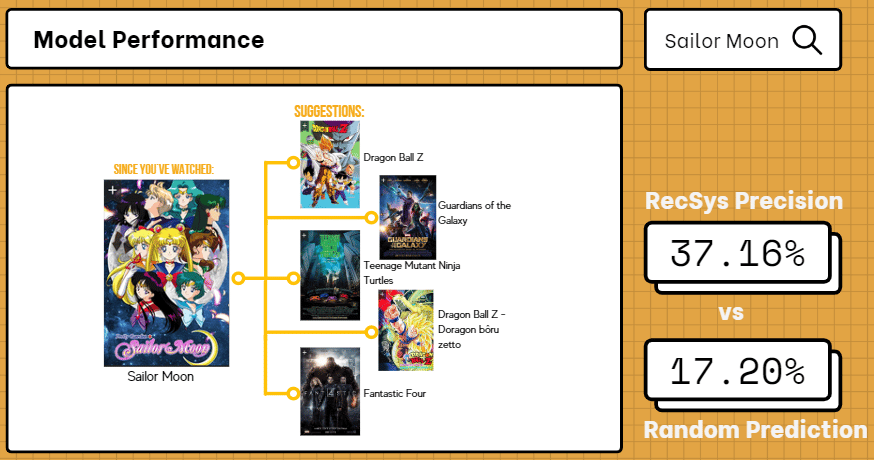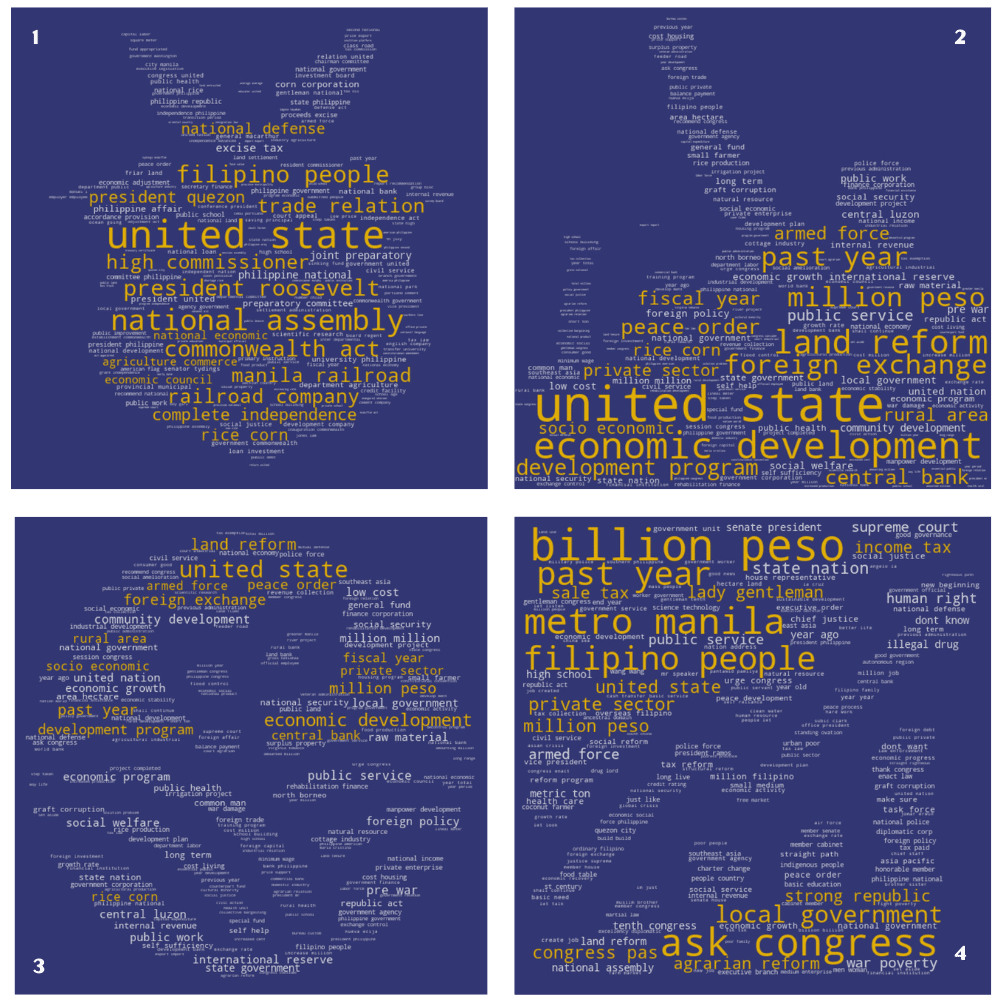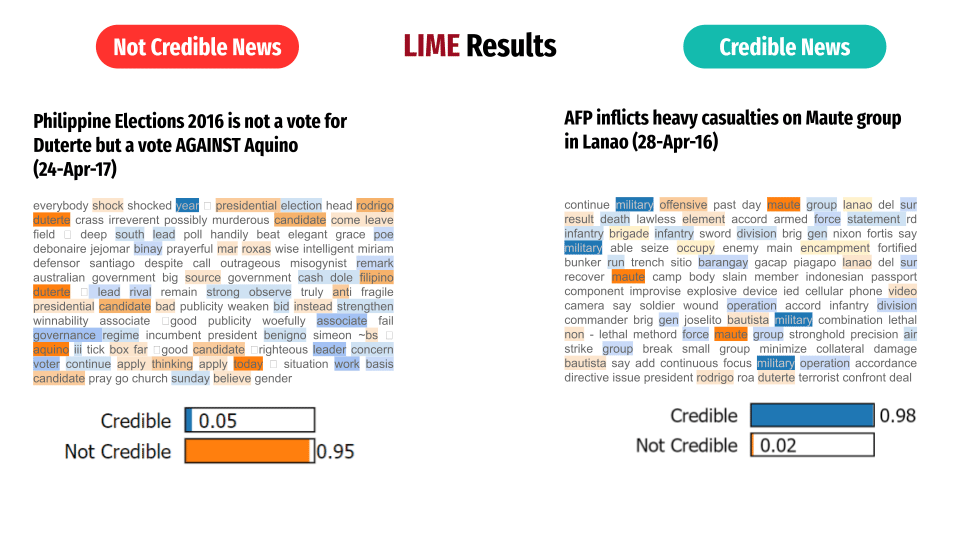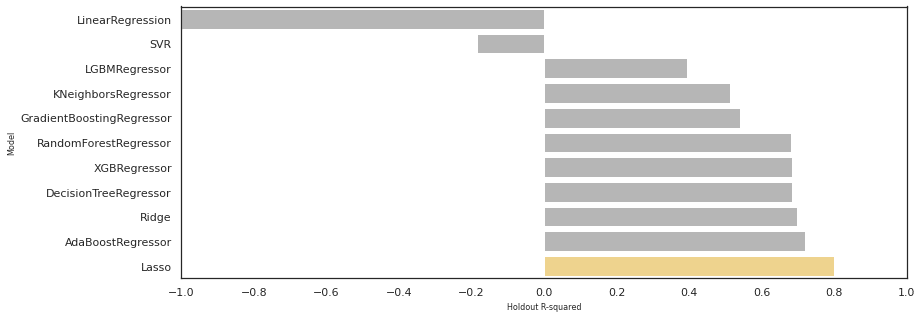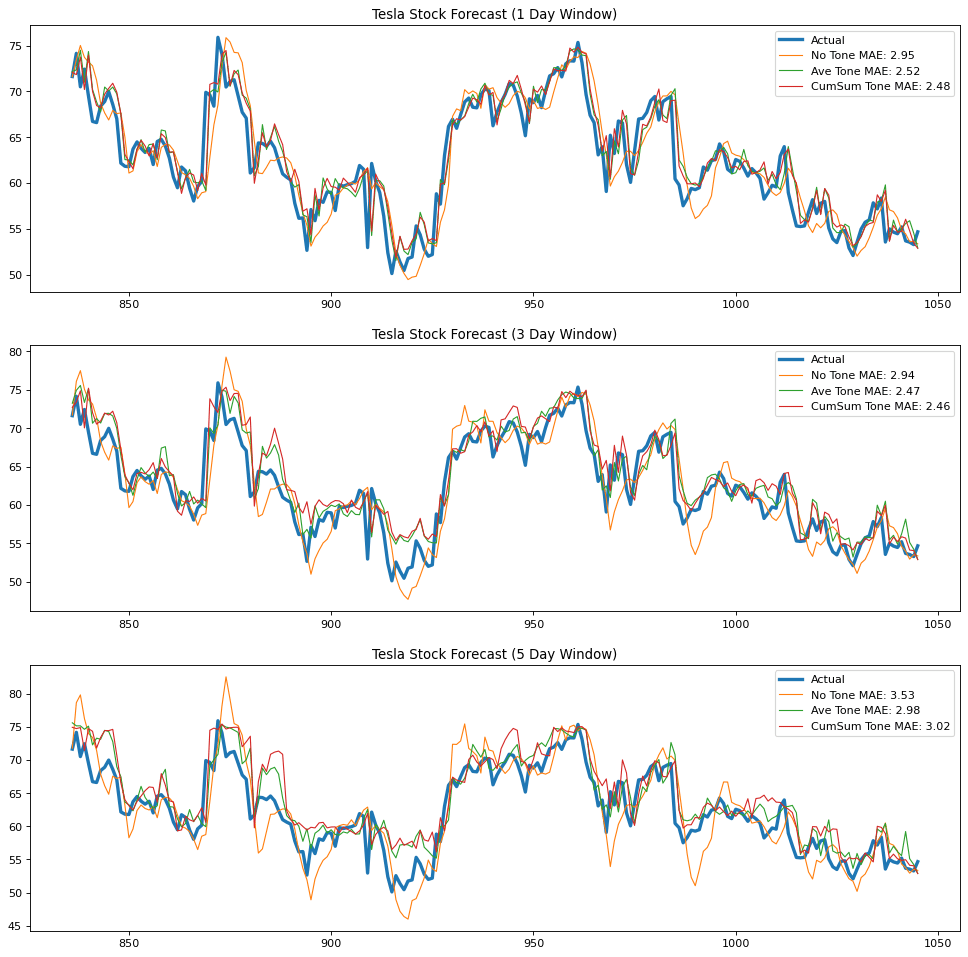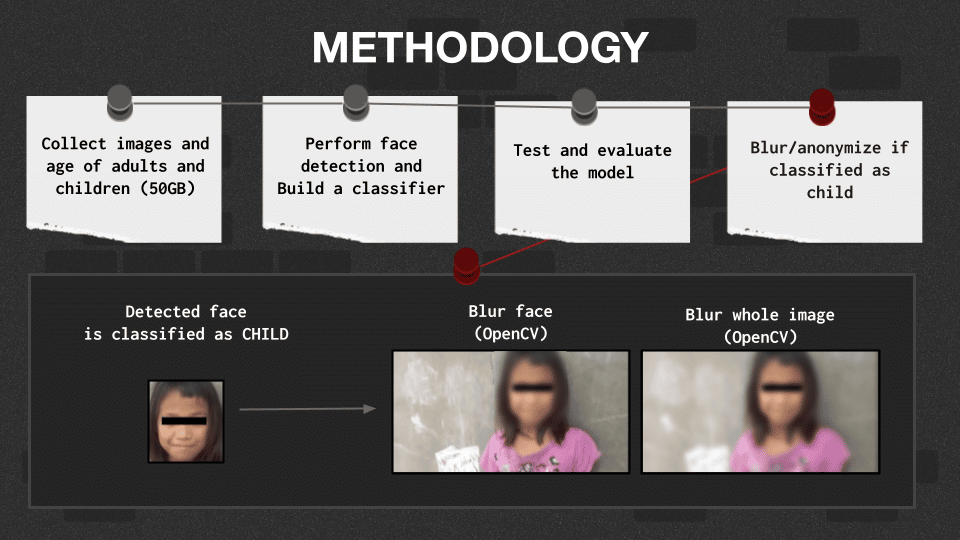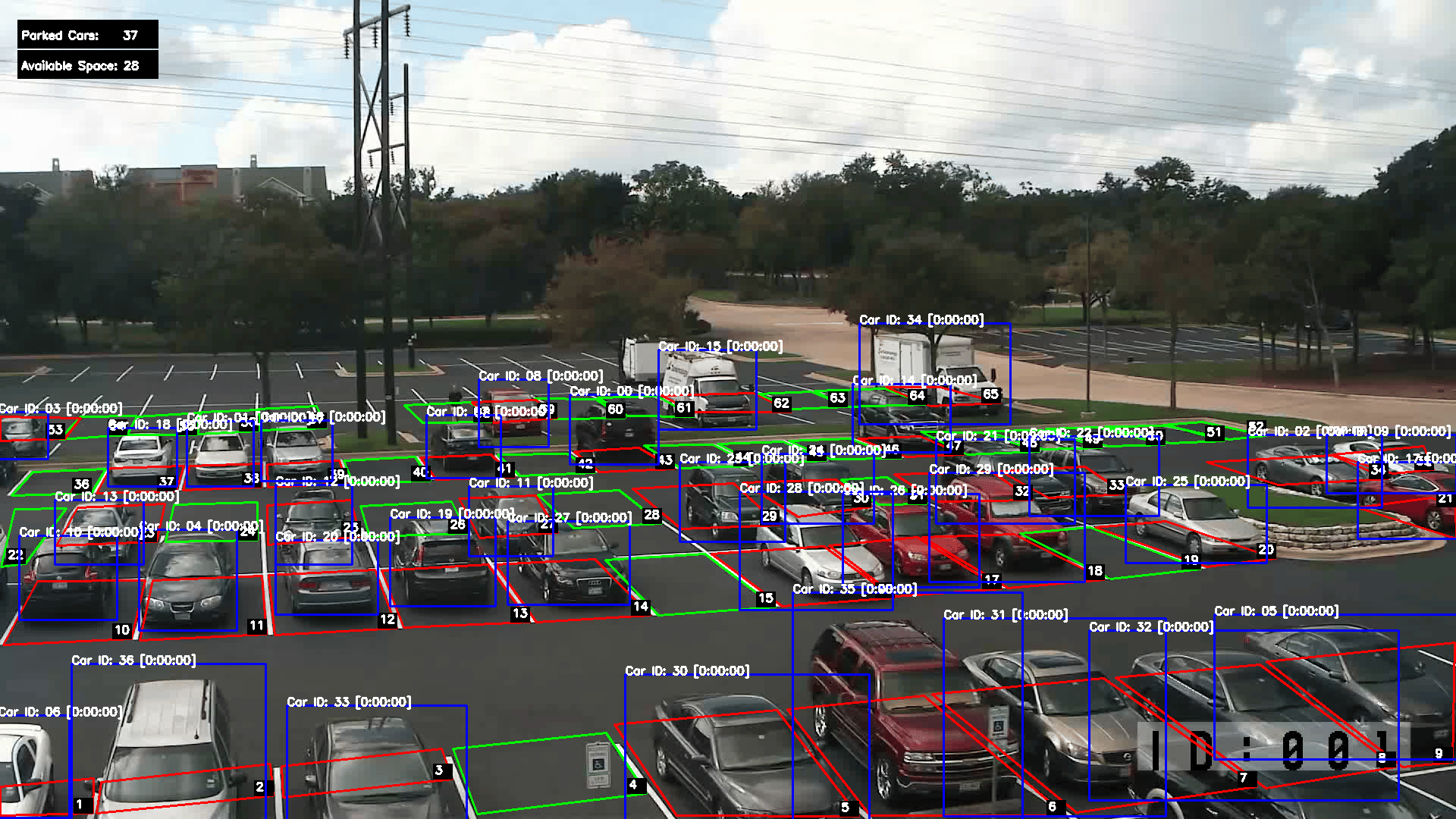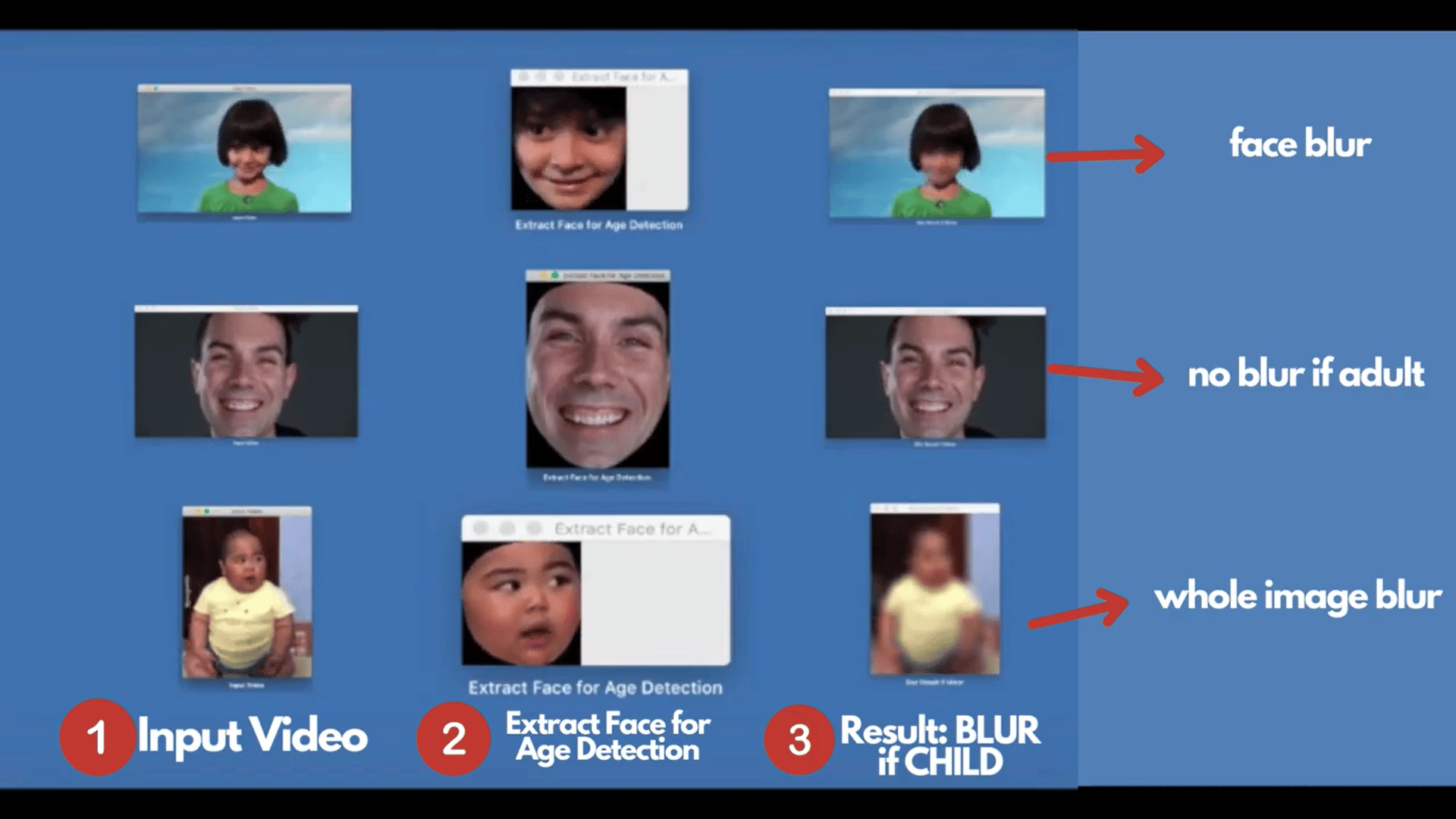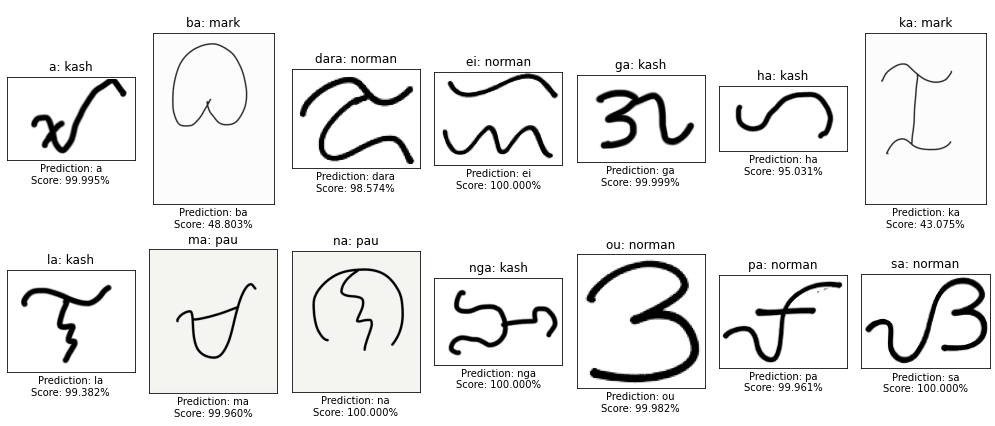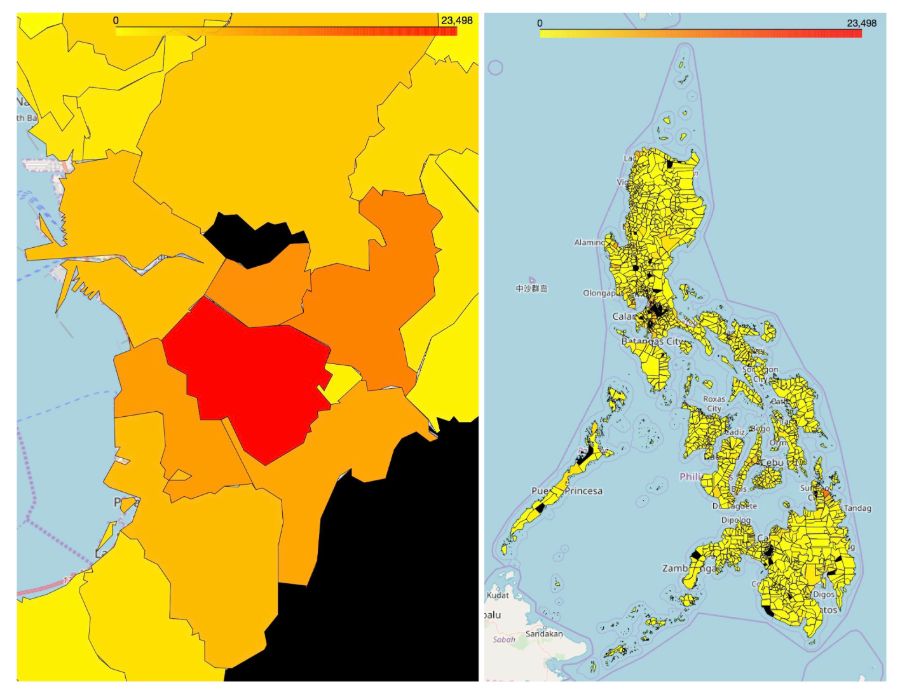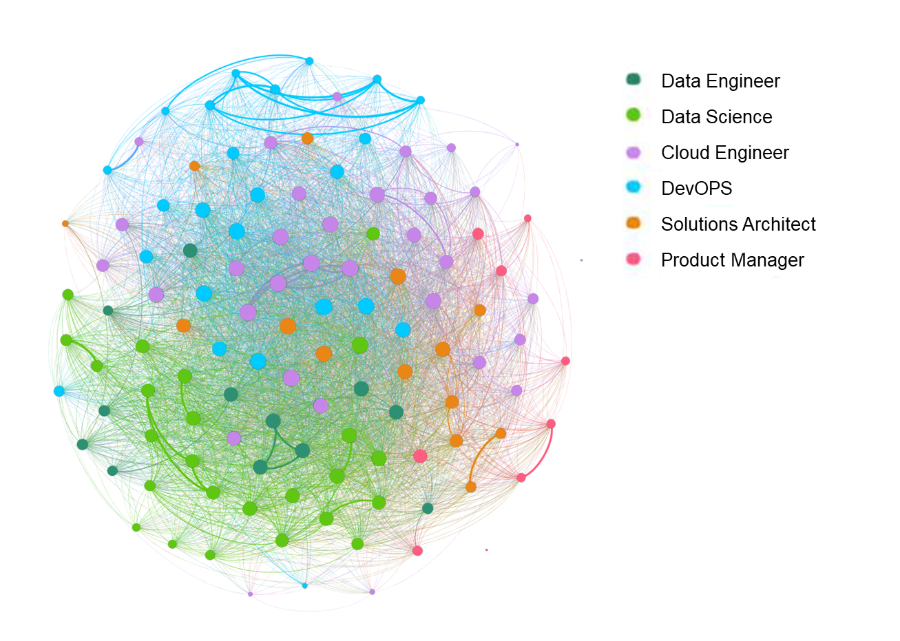

The MSDS program has a rigorous curriculum with a strong focus on the understanding of the fundamental ideas (the mathematics, the assumptions, and the limitations) behind Artificial Intelligence. Aside from the technical rigor, MSDS is very much practitioner-oriented where the value generated by any data-driven project is heavily emphasized.
Throughout the program, students work on different kinds of data science projects under their core courses to further hone their creativity and problem-solving skills. The objective is to train them to be innovative in identifying relevant use cases, and then solve them using artificial intelligence. These capabilities are necessary especially when data scientists are seen as tech-driven innovators for enterprises.
Five Data Science Core Courses are covered in this portfolio. These have been made available to showcase some of the projects that the MSDS students work on. The courses are:
DATA MINING & WRANGLING
In this course, students study the foundational concepts of data mining (extracting patterns from data) and data wrangling (collecting, extracting, transforming, and cleaning data into a form usable for further analysis). They learn fundamental data mining and wrangling techniques and are exposed to various real-world applications. Moreover, students acquire the basic skills to identify specific data needs of clients on top of learning the more technical/computational data mining skills. Data Mining and Wrangling also train students on how to extract data from various sources: the web, APIs, and databases, in addition to dealing with datasets in various formats.
MACHINE LEARNING
In this course, students are introduced to the world of machine learning and predictive analytics. This is a hands-on and application-heavy module, where they look at real-world data and cases in different fields. Students acquire basic machine learning skills including hypertuning of parameters and model evaluation. In addition, they are familiarized with the best practices in predictive analytics including how to properly evaluate models. The most important aim of this course is for students to have a clear framework on how to build mental models using machine learning.
BIG DATA & CLOUD COMPUTING
In this course, students acquire sufficient knowledge of how big data can provide valuable insights to decision-makers. Students are introduced to different tools and systems utilized by data scientists when dealing with big data and are provided with the necessary skills to perform exploration of huge and complex datasets both on-premise and on the cloud. Finally, this exposure to the language of big data is intended to encourage the students to choose a specialization in the field of big data analytics, engineering, and management.
DEEP LEARNING
Students learn about neural networks (NN), the bedrock of deep learning, and how variants are used for predictive analytics—from pattern recognition to image processing to time series forecasting. Students are tasked to construct their own single-layer artificial neural network in Python from scratch which allows them to gain a deeper understanding of how neural networks work. They are also introduced to other types of NNs including deep NNs such as convolutional neural networks, recurrent neural networks, and GANs with tensor flow/keras, which are relevant packages/libraries in the field, among other tools.
NETWORK SCIENCE
The course is an introduction to Network Science – which include identifying what complex networks are, describing their structure through exploratory data analysis, and understanding their dynamics given their topology and structural properties. Students learn how to identify complex systems, represent them as complex networks, and then visualize, analyze, and model these networks. At the end of the course, students should be able to view and analyze problems involving policymaking, business process analysis, and even marketing, among others, through the lens of Network Science and Complexity Science.
LEAD MENTORS

Erika Fille Legara
Aboitiz Chair in Data Science
Network Science,
Complexity Science, Urban
Science, Artificial Intelligence

Chris Monterola
Aboitiz Chair in Data Science
Complexity Science,
Artificial Intelligence,
Computational Physics,
Urban Science

Christian Alis
Assistant Professor of Data Science
Big Data Analytics (Data Engineering),
Artificial Intelligence,
Complexity Science



